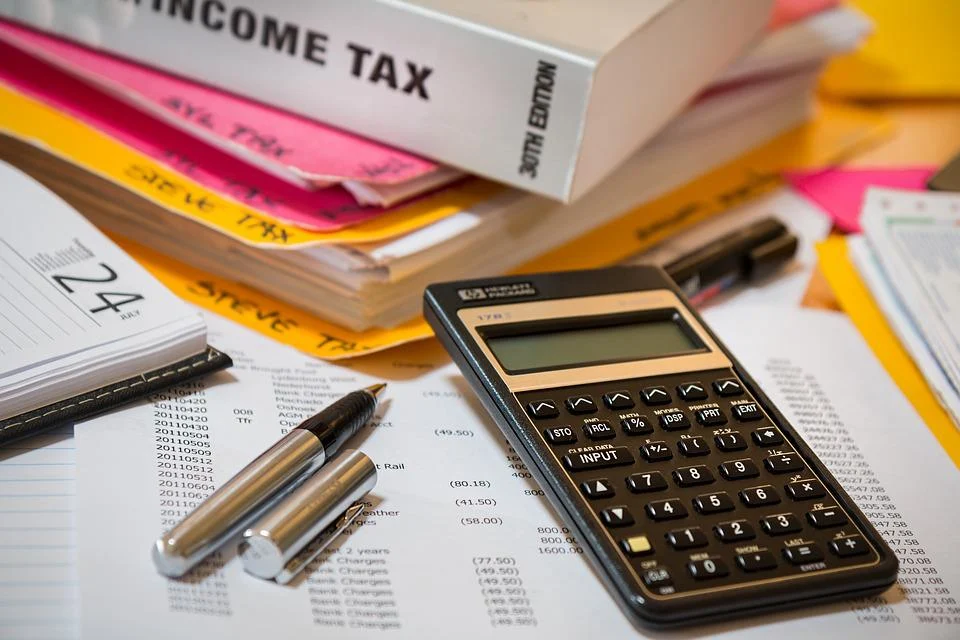Knowing how to manage your money is critical for keeping your household needs met and achieving the lifestyle you want. It will also relieve stress and make you happier. To start, you need to figure out where you spend your money. This article will explain how to track expenses, set financial goals, and pay your bills first. By following these guidelines, you can have a happier and more financially secure life. So, don’t let money stress you out – start today!
Budgeting
The first step in learning how to manage money through budgeting is understanding your current spending habits. Most people’s income comes from their job. Other sources of income could be gifts, tax refunds, or proceeds from a sale. By understanding your current spending habits, you will be better able to prioritize your spending. Make sure that all your monthly expenses are equal to your income. If you are spending more money than you make, consider lowering your costs to make room for savings.
Budgeting is tricky, but it is the most effective way to manage your finances. Start by identifying what your values are and write them down. Then, figure out how much money you have available each month. Be sure not to include overtime pay in your calculations. Also, review your checkbook register, credit card statements, and store receipts. Make sure that all items are on your list. Once you have your list, create a budget based on the identified categories.
Tracking expenses
When managing your money, one of the most critical parts of building a budget is keeping track of your expenses. It’s essential to do this in a way that’s easy for you. Computer programs, apps, and downloadable spreadsheets make this easy, or you can use a pen and paper spending journal. No matter how you do it, you should be able to track what you spend and where you’re spending it.
To keep track of your spending habits, you can create expense categories that reflect how much you spend on each type. Some classes you might want to keep track of include groceries, health care, entertainment, and housing. You can also categorize your expenses based on needs and wants. When creating expense categories, be sure to stay consistent with them. Once you know where you’re spending money, it’s easier to adjust your budget.
Setting financial goals
To manage your money effectively, it’s crucial to set financial goals. These can be short-term, mid-term, or long-term. Specific dates and measurable results will help you stay on track and focused. To start, you might want to pay off your credit card debt. Next, you might want to pay to write my paper for me cheap. Whatever your goal is, it should be something you can realistically afford.
A lack of direction can distract you from achieving your financial goals. When you have specific financial objectives, you’ll be more motivated to focus on your priorities and eliminate distractions. You may need to make tough choices, but when you have a clear picture of your endgame, you’ll be motivated enough to reach it. You may even feel excited and inspired. You can always change your focus if you cannot achieve your goals.
Paying bills first
If you are on a budget, paying your bills first is an excellent way to save money. There are a few ways to prioritize your accounts based on necessity. The first step is to list the bills you pay each month. Next, calculate how much you spend on each invoice. Next, determine which statements are most important. In some cases, this can mean cutting back on other expenses.
Taking responsibility for your monthly bills is a must. Avoid them altogether, especially if you are already facing a financial crisis. Always remember that financial commitments must be met, so prioritizing them is best. Pay your bills first to keep your financial future secure in the long run. This will make it much easier to manage your budget. It’s also an excellent way to avoid being in debt.
Building an emergency fund
If you’re worried that saving for emergencies might be too difficult, you can start by setting a small goal, such as saving three months’ worth of expenses. After you reach that level, saving will become a habit, and you’ll have positive motivation to keep more. Then you can move up to a larger goal, like saving for a year. Ideally, you should save for a year, but it depends on your current financial situation.
Another tip for building an emergency fund is to save any unexpected money. This money might come in the form of a tax refund, a birthday gift, or even a $20 gift from Aunt Jean. Putting it into an emergency fund is an easy way to save whatever the source of your unexpected money. If you have a side hustle or earn extra money through work, consider selling some of your items to get extra cash.
